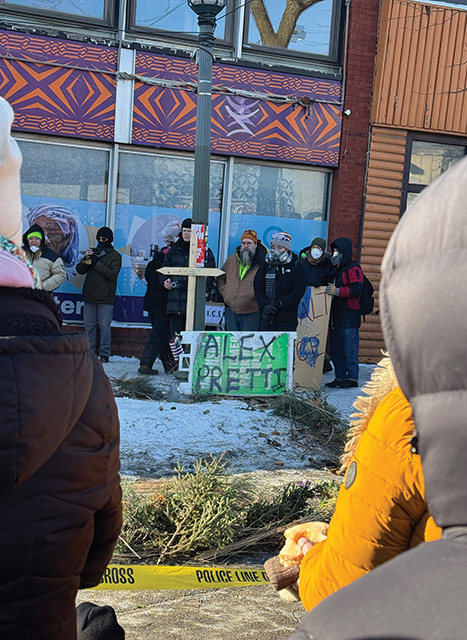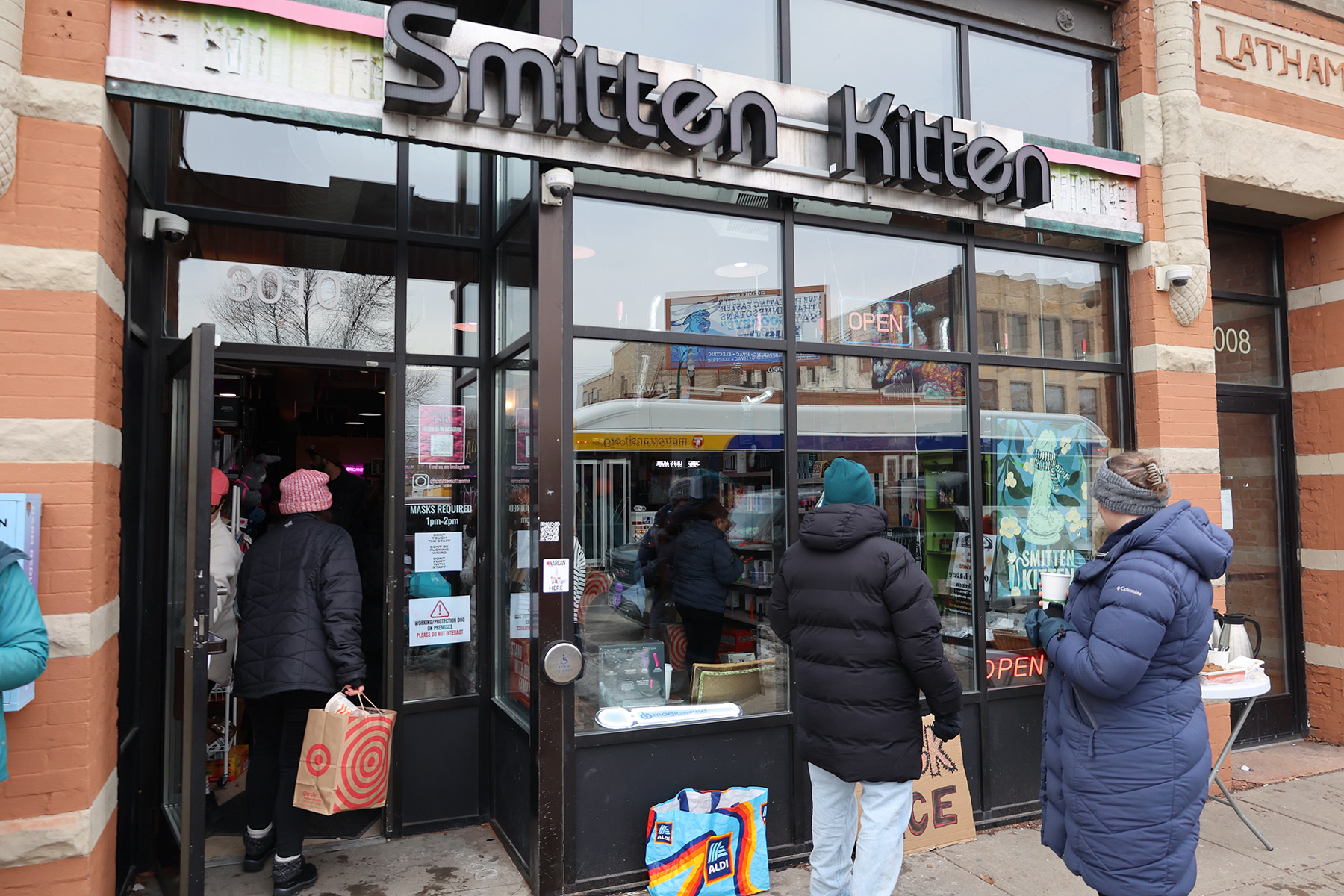There were moments in the last four months when I doubted whether the Metropolitan Government Task Force, where I am a “public member,” would come to any meaningful conclusions.
But today I’m optimistic, because at our January 17 meeting we voted unanimously on a diagnosis of what ails the Met Council. We adopted a problem statement that states that the fundamental problem with the Met Council is accountability.
The language below is what we adopted. I proposed it, with the support of our own Rep. Frank Hornstein, who chairs the task force. It will appear in our February 1 report to the legislature.
Problem statement: Accountability is the basic issue.
- Finding — We have determined that there is widespread confusion and widespread disagreement about who is and who should be accountable for Met Council vision, planning, execution (construction and operation), and performance evaluation.
- Recommendation — The basic issue the legislature should address in any reform or governance changes to the Met Council is how the council should be accountable to the public and to state and local governments. We recommend that the legislature make clear assignment of these areas of accountability.
Government Listened
It seems like a no-brainer that before considering any reorganization models (for example, elected or appointed members, council of governments, staggered terms, separate transit agency) we had to diagnose the problem.
But a couple of task force members maintained there is no problem — only some administrative or communication issues and some rare hiccups (such as Southwest Light Rail). They said no change is needed.
But their position became untenable in the wake of four listening sessions across the metro area: in Lake Elmo, Saint Paul, Minneapolis and Shakopee. The task force heard more than eight hours of testimony, not only from ordinary citizens but also from city, county and township officials, representatives of non-profits, and even some clergy members. They came from center city, suburban and exurban areas.
The vast majority said the same thing: The Met Council doesn’t listen, isn’t accountable to anyone, and will have it their way by hook or by crook. I heard the word “bully” more than once.
Even the “nothing wrong” task force members had to concede that their opinion is not widely shared in the community.
That made it possible for the task force to agree that any Met Council reform must start with accountability.
Among other things, that means solutions that tinker at the edges, such as staggered terms, will not do the job alone. Staggered terms are desirable to promote policy continuity and institutional memory but have little or no effect on the council’s accountability to the public or to local officials.
The listening sessions are an example of government not simply going through the motions of hearing the public, but actually heeding what they say. If that had happened with Southwest Light Rail, Hennepin County could be using over a billion wasted dollars to eradicate homelessness instead of correcting mistakes predicted by area residents.
Those who testified made a difference because they weren’t addressing a panel of tin ears. Thanks are due to area residents who presented reasoned, persuasive comments at the Minneapolis session: Jeanette Colby, Marion Collins, David Lilly, Kathy Low, Glenn Johnson, Jim and Nancy Nikora, Vanne Owens Hayes, Russ Palma and Rosanne Halloran, and anyone else I might have missed.
What’s Next
As of this writing, the task force has heard reports from previous studies about the Met Council, met with officials from Portland and Denver about their metro governance models, examined previous reform proposals, heard from the public, and identified the problem the legislature asked us to address. Now we are moving into problem-solving mode.
Three local residents — Senator Scott Dibble, U of M Professor Myron Or field and I — have submitted reform proposals. It turns out we all wound up proposing the replacement of the current Met Council with two chambers, one of which would be a council of local elected government officials and the other directly elected. Our proposals differ, however, in mission, powers, funding and membership.
You can find them and the other proposals, all handouts from task force meetings, written testimony from the public, and streaming video of every regular meeting and the listening sessions at: https://www.lcc.mn.gov/mgtf/members.html .






